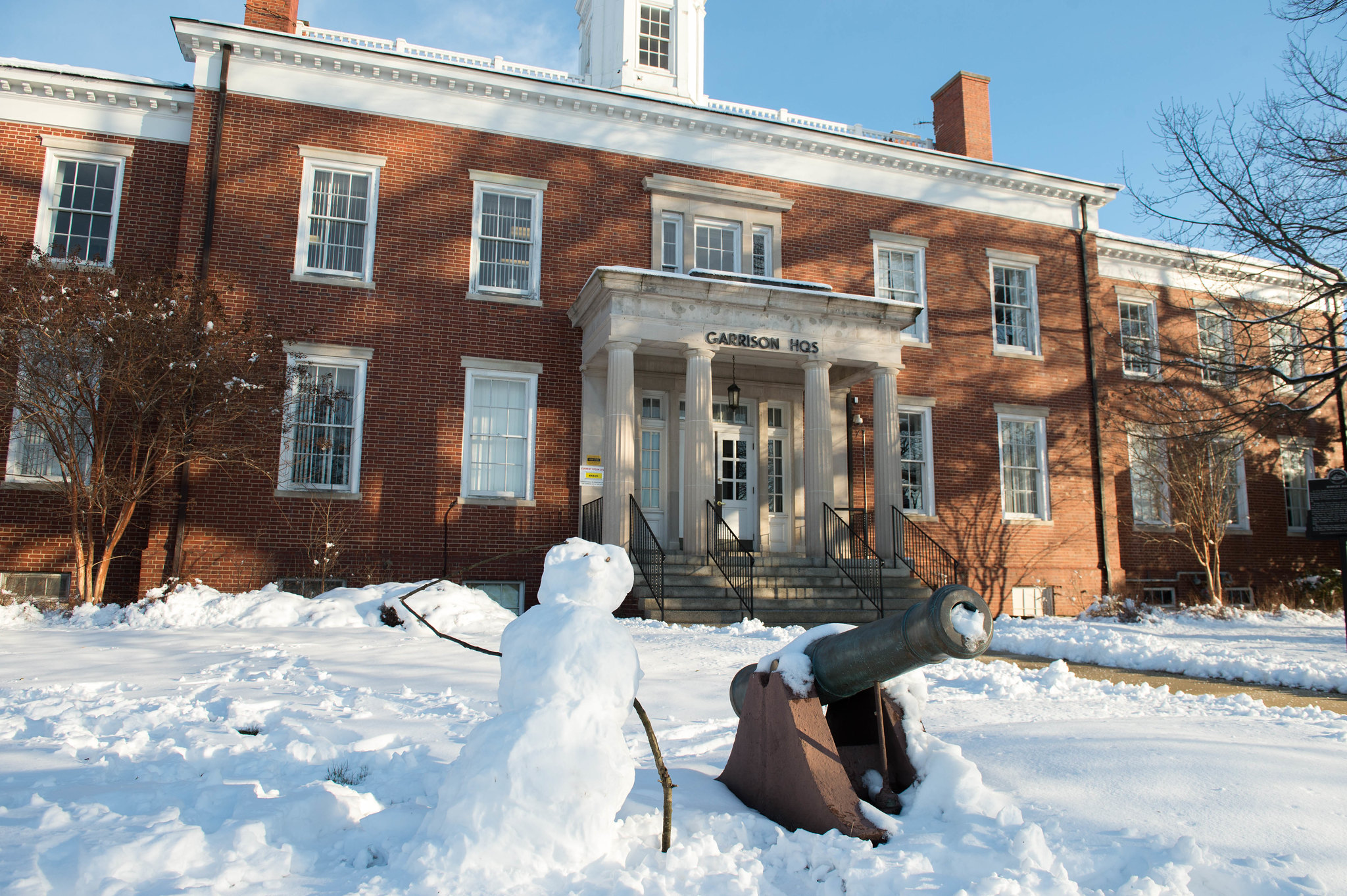By Kirk Fechter, Garrison Safety Officer

Winter Safety
Winter brings safety issues compounded with the Holidays that also bring safety issues.
There is an emotional component to this time of year as we put the Christmas holiday and welcoming a new year behind us, and gear up for the challenges in front of us.
The first consideration for Winter safety is checking your family, friends and fellow comrades in arms. Suicides are more of a risk than accidents. The Holiday risk was outlined very well in the Senior Leader message concerning driving safety. Some of the safety tips for driving will not be applicable because of COVID considerations. Continue to check for updates in a changing situation. So for emotional support, contact my phone or a video chat. Because of the length of leave – in many cases longer because leave has been unused during COVID means longer drives and pushing through fatigue and in some cases disrupting the sleep cycle. I note that studies have indicated that up to 5% of single car accidents thought to be due to lack of sleep are actually suicides – highlighting the emotional component at this time of year.
On these long journeys, there is a possibility of car failure. Many are staying indoors for longer periods of time and are not acclimatizing to the cold. That is why it is important to choose routes where the highways are cleared of snow, a charged cell phone, and extra blankets to maintain warmth in the event of a car stoppage. Remember that wind chill, the fact that wind makes it colder means using your car as a shelter even if the engine doesn’t run the heater. There is the sad story of a man who left his car looking for help in a remote snow covered area and died of hypothermia. Extreme cold can affect our judgement and in the advanced stages of hypothermia, people feel hot and remove clothing making things worse.
Many of our comrades man important posts in the cold. You see guards at the gates of Fort Meade. The DES leadership is making sure that the guards have proper apparel for the cold and installing heaters. Many people are buying heaters to meet outside because of COVID. Ensure the heaters or using fire pits are away from houses and flammable things.
Inspect electrical extension cords for breaks. If you don’t replace, at least use electrical tape to reinforce.
Not everyone is equal risk in the cold. Some of my fellow soldiers either by combat or tough Ranger training have experienced cold injuries and must take increased preventive measures.
In the cold, it is essential to layer clothes. A good base such as Under Armor is great so that moisture on the skin can move through the fabric- an important way to avoid moisture. Consider removing clothing as you exercise or shovel snow. One of my Ranger buddies got a heat injury because he had too much on while patrolling in the cold.
Shoveling snow has the risk of being cold and exposed to the cold, but also be careful. I hurt my back as I tried to remove ice and I created a fulcrum of pressure, uncomfortable to my back = a hazard of old age.
It is important to check on the elderly, a power failure stopping the heat is more of a risk for the vulnerable.
These considerations for the cold will ensure safety and health for you and others. Enjoy this time of year, follow COVID health considerations, and maintain contact with family.





